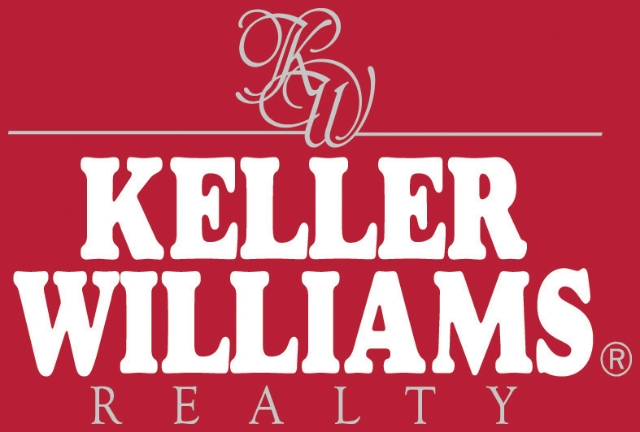|
|||
| Property Investment Information Provided by Investment Property Specialist | |||
|
Starting off blind when you begin to invest in real estate can be one of the worse choices possible. While most everyone will agree that real estate is a great way to grow your wealth and eventually retire, you still need to go about it in a calculated or deliberate way. Here are three popular ways to invest in real estate.
The type of investment style you choose will have to match your short and long term income goals. Most investors don’t look at these at think “what is the best investment?”. Instead they invest in all three to give them a good spread of real estate investments. Below are some basic investing tips that will help even the most seasoned investors. General Investment Tips
|
- Home
- Homeowner Resources
- Rent Vs. Buy Calculator
- Informative Websites
- Schools in the Greater Indianapolis Area
- Blog
- Search Properties
- Featured Properties
- What's Your Home Worth?
- Buyer Resources
- Seller Resources
- Neighborhoods
- Homes for Sale in Westfield
- About Me
- Contact Me
- Additional Resources
- Your First Home
Rita O'Rear
Designation:Realtor, GRS, EPRO, ALC
Phone: 317-508-1553
Mobile: 317-508-1553
Fax: 317-564-7111
Email
Designation:Realtor, GRS, EPRO, ALC
Phone: 317-508-1553
Mobile: 317-508-1553
Fax: 317-564-7111




